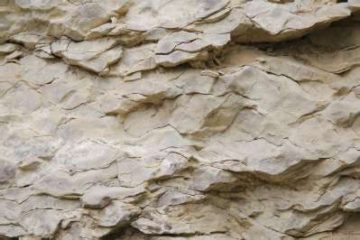What you keep in mind about concrete repair in Denver, Colorado
You may be forgiven for thinking concrete repair is a relatively straightforward cut and dry exercise. In any case, you can purchase a bag of cement at the nearby store and follow the simple guidelines at the back – how difficult can it get? Anybody who has tried to embark on their repair works quickly learned their mistake, and such repairs are better left to the pros.
A lot goes into identifying, planning and completing a repair job even for small projects. Large tasks are more involving. It’s also essential to recall that the concrete repair contractor who installs the concrete may be unable to fix future repairs. While a high level of prowess goes into concrete construction, the understanding and experience required to restore damaged or run-down structures differ from those necessary to erect new structures.
Concrete repair appraisal
This article will educate readers on the basics of concrete rehabilitation and repair while concentrating on the individual type of know-how to adequately perform repairs.
The most vital aspect of repairs occurs long before work gets underway – the assessment stage. To adequately do a thorough repair job, it’s crucial to grasp the cause of the problem and establish the best way to go about the task.
Concrete repair in Denver, Colorado fall under two categories: superficial and structural. All things about repairs depend on the problem at hand. A few superficial maintenance qualify for DIY jobs, but all structural damages require you to procure concrete repair services.
Common causes for concrete deterioration
- Improper installation
- Freeze and thaw disintegration
- Rusting of reinforcing steel
- Plastic shrinkage cracks
- Delimitation/blisters
Typical concrete repair services
Anything made from concrete is prone to damage. Some of the most common tasks that compel people to consult concrete repair experts include:
- Concrete surface refurbishment: Surface failures rank among the most popular type of damages and result from subjection to elements. Unfortunately, surface failures are an eyesore but are easy to notice and repair assuming lack of a structural issue.
- Structural concrete repairs: Things get involving when problems go beyond the surface. Structural concrete maintenance result from a myriad of causes.
- Epoxy injection: Used to service big cracks inside a concrete structure. A substance thicker than concrete is shot into the crevice and the surplus air is cleaned out. Often, experts resort to epoxy injection as a first resort.
- Concrete replacement: Where an epoxy injection is insufficient, the concrete is replaced. The degree of damage determines the amount of concrete replacement. A qualified specialist can work out the right amount.
Finding a concrete repair specialist
While you may be spoiled for choice in your search for a contractor, not all may be suitable for your project. You must pose the following questions before hiring to settle for the right constructor:
- How soon can you start?
- Does the contractor give a warranty upon completion?
- Is the contractor licensed and insured?
- Can they provide references?
Key takeaway
Concrete restoration is an intricate field that requires many years to grasp fully. The various kinds of repairs are as many as the probable causes for damages. Still as mentioned earlier, the assessment stage remains an essential step. Whereas DIY can tackle a few superficial damages, all structural repairs require a specialist.
Do a little research to educate yourself to help you pose the right queries to raise your odds of engaging the best concrete repair company for the work.


